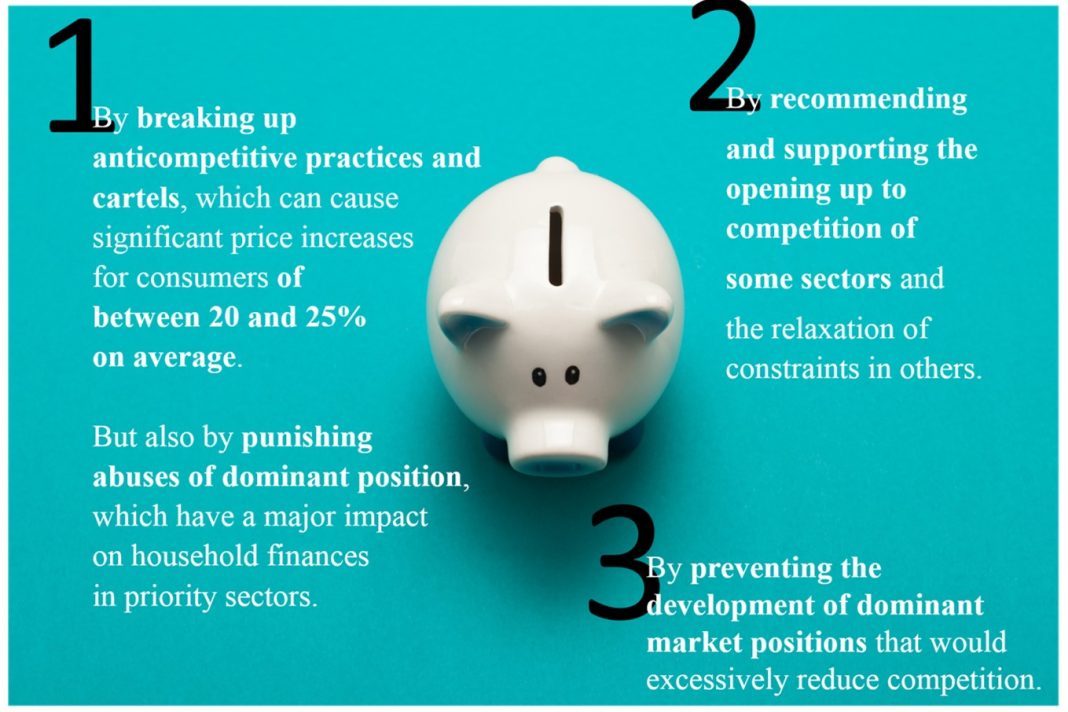 Recovery in the Domestic Aviation Sector Points to Lower Airfares and Increased Competition
Recovery in the Domestic Aviation Sector Points to Lower Airfares and Increased Competition
The Australian Competition and Consumer Commission (ACCC) has recently declared that the domestic aviation sector in Australia has successfully rebounded from the challenges posed by the COVID-19 pandemic. Passenger levels and seat capacity have now returned to pre-pandemic levels, indicating a positive recovery for the industry. This recovery has been driven by increased airline seat capacity, leading to lower airfares for domestic travelers.
According to the ACCC’s most recent report on Domestic Airline Competition in Australia, Qantas, Virgin, Jetstar, Rex, and Bonza collectively carried 4.9 million domestic passengers in March. This figure represents an impressive 98.8 percent of the passenger levels recorded in March 2019. Although seat capacity fell just slightly below pre-pandemic levels at 6.2 million, the overall recovery is a promising sign for the industry.
In February, domestic passenger numbers even surpassed pre-COVID figures for the first time since the pandemic began. This surge was attributed to several major entertainment events taking place across the country, such as Taylor Swift’s concerts in Melbourne and Sydney and a WWE event in Perth. These events attracted a significant number of travelers, boosting domestic passenger numbers and demonstrating a return to normalcy.
ACCC Commissioner Anna Brakey expressed her satisfaction with the industry’s recovery, stating, “After four years of instability, the domestic airline industry has returned to more typical seasonal levels that were last seen before the pandemic.” Brakey also highlighted the positive impact of increased airline seat capacity on airfares, expressing hope that this trend will continue as the market stabilizes further.
The ACCC’s report further revealed a decrease in domestic airfares and an improvement in network reliability in March. The average revenue per domestic passenger decreased by 1.4 percent in nominal terms and 4.8 percent in real terms compared to the previous year. This decrease can be attributed to the increase in seat capacity and competition among airlines.
While airfares spiked on some routes in February due to high demand from major events, the overall trend has been towards more affordable airfares for consumers. The ACCC expects this trend to continue as the industry recovers and stabilizes.
In addition to lower airfares, there has been notable improvement in flight cancellations and on-time performance. In March 2024, only 2.8 percent of flights were cancelled, compared to a 5 percent cancellation rate in December 2023. Moreover, the on-time performance across the industry rose to 77.2 percent in March 2024, a significant increase from the 63.6 percent recorded in December 2023. These improvements indicate a more reliable and efficient travel experience for passengers.
The ACCC’s recent report marks the second publication on the domestic aviation industry, as monitoring was extended for another three years by the Albanese government. This decision followed a recommendation from the Senate Select Committee on Commonwealth Bilateral Air Service Agreements in the previous year. The ACCC will continue to monitor the industry to ensure fair competition and consumer protection.
However, amidst the positive recovery, concerns have been raised regarding Bonza’s voluntary administration. If Bonza is unable to resume operations after its collapse, travelers heading to regional destinations may have fewer options. Bonza has provided more affordable airfares and direct connections to various regional and holiday destinations that were not offered by other airlines. The suspension of Bonza’s operations would reduce direct connections at Maroochydore airport in Sunshine Coast from 14 to three, and halve the number of direct connections at Coolangatta airport in Gold Coast.
Despite these concerns, the ACCC noted that Bonza’s market share is less than 2 percent due to its small fleet size and exclusion from the busiest routes. ACCC Commissioner Anna Brakey clarified, “While Bonza’s impact on competition had been limited to date, its presence represented an opportunity for greater competition to emerge in the highly concentrated domestic aviation sector.” Therefore, the potential loss of Bonza would not significantly affect overall market competition.
The appointed administrator, Hall Chadwick, is expected to make a decision regarding Bonza’s future, whether it will trade out of administration, be sold to a new business, or be wound up. The outcome of this decision will determine the future landscape of regional air travel in Australia.
In conclusion, the ACCC’s report highlights the successful recovery of the domestic aviation sector in Australia. Increased airline seat capacity has led to lower airfares and improved competition among airlines. The industry has returned to pre-pandemic passenger levels, with positive trends in flight cancellations and on-time performance. While concerns surround the potential loss of Bonza and its impact on regional air travel, the overall market competition remains strong. The ACCC will continue to monitor the industry to ensure fair practices and consumer protection.


